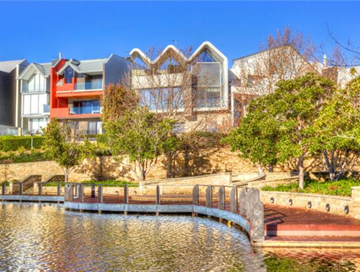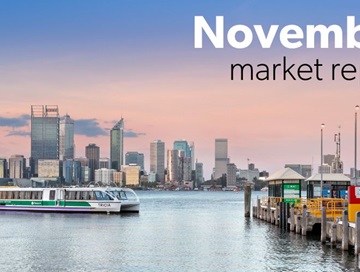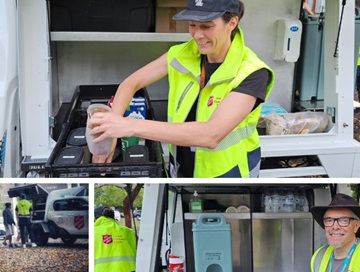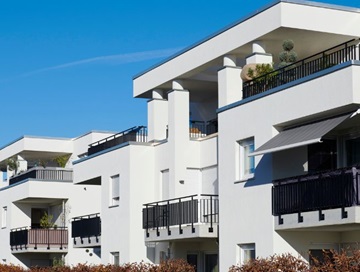Tips for securing your deposit to achieve the first home dream
18 April 2024"By understanding your expenses, exploring available concessions, and utilising the various resources available, you can take the necessary steps towards owning your first home."
767bbbc6-4993-4f16-8933-e9b2baaac7a0.tmb-newsdetail.jpg?sfvrsn=8cf14270_1)
The dream of owning your first home is exciting, but it often comes with the daunting task of saving for a deposit.
Before you start saving, it's essential to speak with your bank or a financial advisor to understand home loans and other associated costs. This will help you determine how much you need to save and set a realistic goal.
By understanding your expenses, exploring available concessions, and utilising the various resources available, you can take the necessary steps towards owning your first home. In the meantime, we've compiled some tips to help you budget and save appropriately.
Make a list of your necessities/expenses
Before you start budgeting and planning for your deposit, make a list of all your necessary expenses, such as:
- Weekly rent
- Insurance (ie. health, car and contents)
- Phone and utility bills
- Petrol or transport costs
- Groceries
- Credit card debt or other loans
- Subscription services
- Gym memberships
- Costs relating to any pets/children
By working out what you must pay for each week, fortnight and month you can look at what unnecessary expenses you can cut and how much you can squirrel away for savings.
Don’t overlook the hidden costs
Aside from saving for a deposit, consider the other cost factors involved in buying your first home and whether you need to save a little extra for these. They may include:
- Loan establishment fee
- Lender’s mortgage insurance
- Mortgage registration
- Transfer duty
- Conveyancing
- Mortgage repayments
- Connections
- Council rates
- Strata fees (grouped homes)
- Building insurance (private lot homes)
- Mortgage account fees
Understanding these costs upfront can help you save accordingly. For a full description of each of the associated costs, please see here.
Create a realistic budget
Once you've determined your living expenses and savings goals, work out how much you can realistically set aside for your deposit from each pay run.
Creating a budget will help you stay on track and achieve your goal within your desired timeframe. Consider whether you need to save larger amounts in a short period or smaller amounts over a longer period.
Need some help budgeting? Use REIWA’s handy budget planner calculator.
Explore available concessions and grants
There are several concessions and grants available to first home buyers in Australia. These schemes can help you buy your first home with a smaller deposit and provide financial assistance.
For example, the First Home Owner Grant (FHOG) in Western Australia offers eligible buyers $10,000 to buy or build a brand-new home. The range of grants currently includes:
- First Home Owner Grant
- Home Guarantee Scheme
- First Home Guarantee
- Regional First Home Buyer Guarantee
- Family Home Guarantee
- First Home Owner Rate of Duty
- Home Buyers Assistance Account
- First Home Super Saver Scheme
- Help To Buy
We have unpacked each of the grants that can help you get your deposit together.
A transitional lender such as Keystart could be an alternative option with deposits as low as two per cent, no Lender’s Mortgage Insurance and no savings history required. You then have the option to refinance with another lender when you are ready to do so.
Utilise resources and tools
Take advantage of resources like budget planners and guides for first home buyers. Did you know REIWA has developed a comprehensive first home buyer guide tailored to the needs of West Australian buyers?
This guide covers everything from sorting out your finances to choosing between new or established homes and what to look for in a property.
Work with a mortgage broker
A mortgage broker can help you navigate the complexities of home loans, compare loan options from different lenders, and assist you in securing a loan that suits your financial situation.
They can also provide guidance on the various costs associated with buying a home and help you understand the loan application process.
Working with a mortgage broker can streamline the process of buying your first home and help you achieve your goal sooner.


.tmb-rcarousel.jpg?sfvrsn=b4b9111_1)



.tmb-rcarousel.jpg?sfvrsn=d38b03f0_1)


